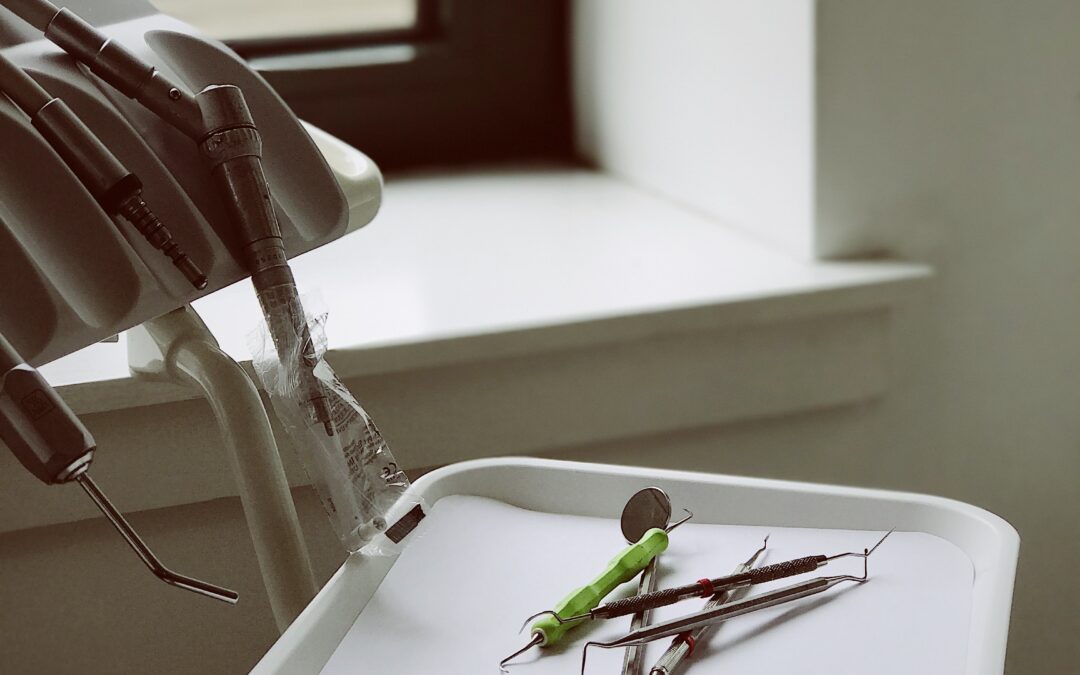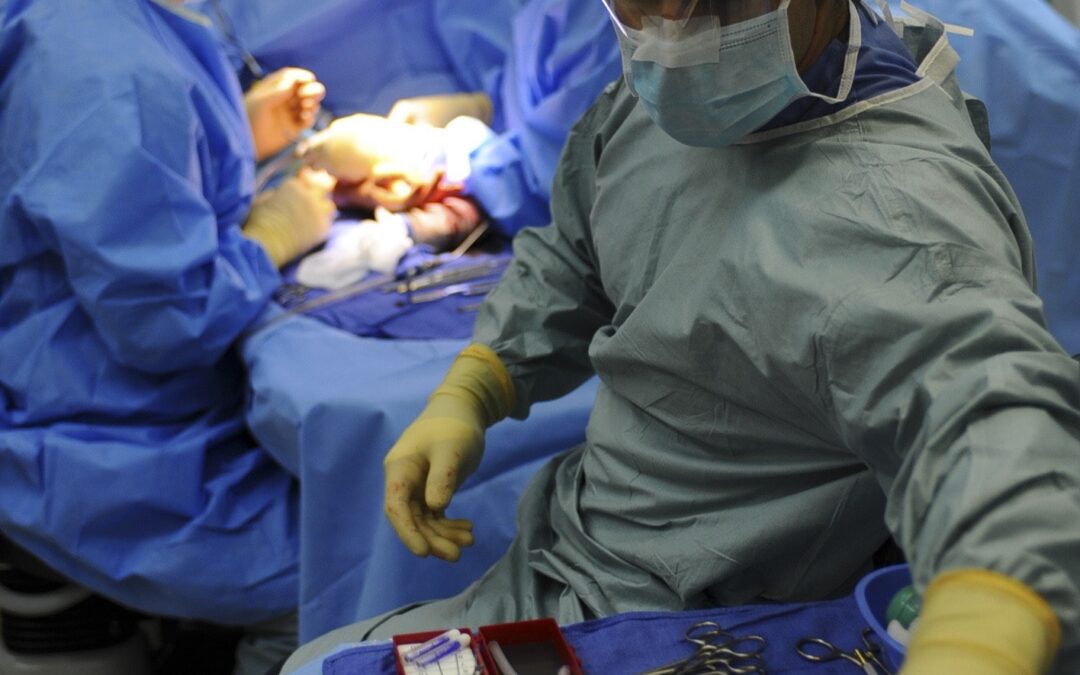

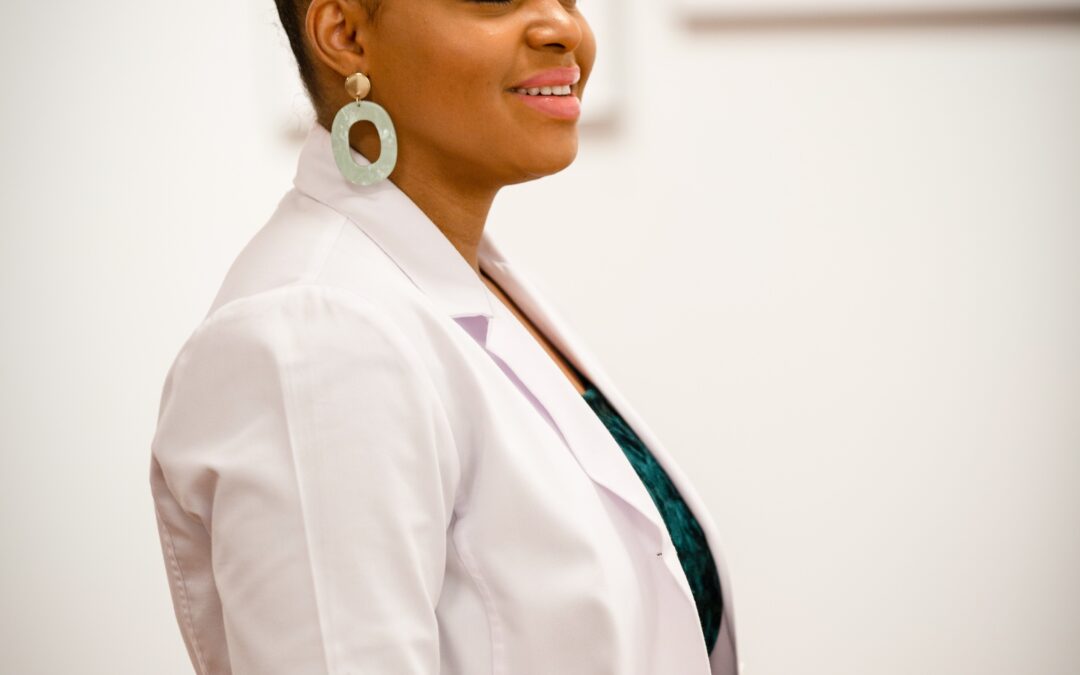
PAs have more time with patients: Fact or Fiction?
Get Started Today Call: 888-839-9997 e-mail: [email protected] 20 Minutes Free Consultation Is it true that PAs get to spend more time with their patients than doctors? By Alyson Rockhold PA-C, MPH PAs have more time with patients: Fact or Fiction? The professors in my physician assistant (PA) program repeatedly stated that PAs spend more time with patients than doctors. As a PA student, this was a major selling point for me. I was excited to get to know my patients and have the time to provide excellent patient education and answer all of their questions. After working as a PA for over a decade, I am starting to wonder if my professors were lying. I see an average of 25 patients a day, and I often wish I had more time with them. There always seems to be more questions to answer or advice to share when it’s time to move on to the next patient. The doctors that I work with see a similar patient load. They also bemoan the overbooked schedules that make us all feel like we are perpetually running behind. Do I really spend more time than doctors do with each patient? I decided to do a little digging. I waded through many research papers to discover how PAs spend their time and how that compares to how doctors spend their time. How PAs spend their time There is an interesting survey by Florence Health (huddle.florence-health.com) that surveyed over 1,000 medical providers about their workdays. Their results showed that mid-level providers, such as nurse practitioners (NPs) and PAs, spend about 54% of their days...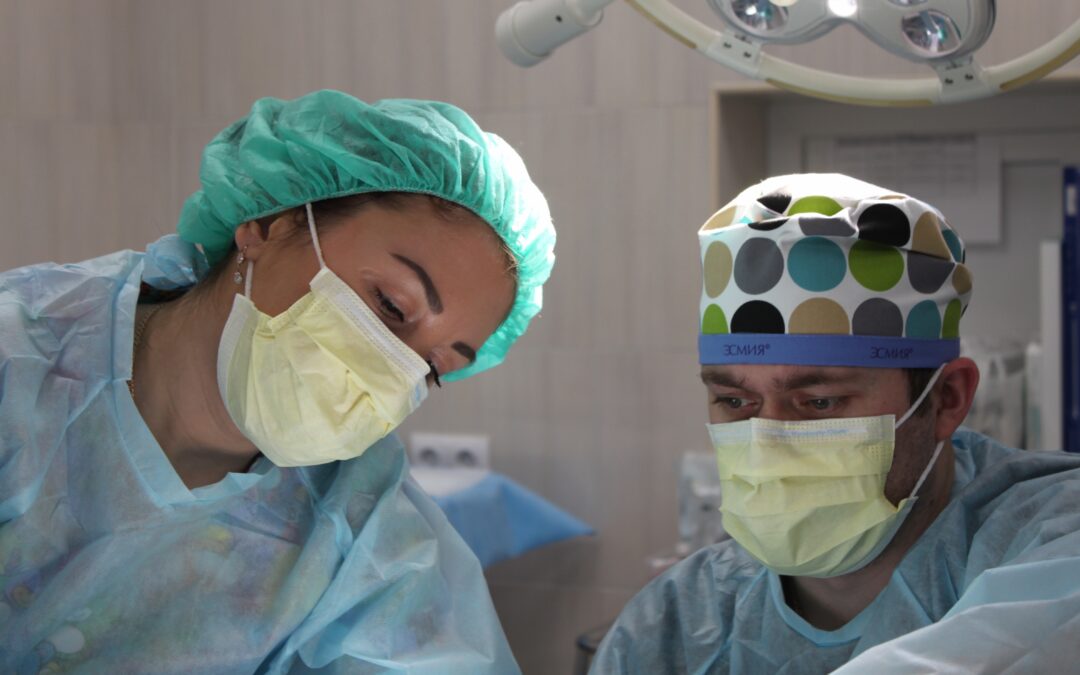
The Difference Between PAs and NPs
Get Started Today Call: 888-839-9997 e-mail: [email protected] 20 Minutes Free Consultation So what is the difference between a physician assistant and nurse practitioner? By Alyson Rockhold PA-C, MPH There are 5 nurse practitioners (NPs) and 2 physician assistants (PAs) that work at my office. Recently, a drug rep asked us, “So, what’s the difference between NPs and PAs anyways?” My co-workers and I looked at each other in uncertainty. One NP muttered, “Well, um, NPs are trained in the nursing model, and PAs are trained in the medical model?” Crickets. Everyone shrugged at each other, and the conversation flowed in a new direction. But I couldn’t stop thinking about it. What do these different training models mean in the real world? In my particular office, PAs and NPs do the same work and get the same pay. Are we any different after all? With a little digging, I discovered a few key distinctions between PAs and NPs, especially in their training, certification, and autonomy: Training As my co-worker pointed out, the classic explanation is that PAs are trained in the medical model, and NPs are trained in the nursing model. In my experience, this doesn’t change very much about how PAs and NPs act in a clinical setting. Most patients won’t even realize they’re being treated by different medical professionals. Even though I was trained as a PA to focus on the disease state, I also care enough about my patients to make sure they’re comfortable and to explain everything thoroughly to them. There are a few other differences in our training. The average PA program is 27 months...
Combining PA school with public health training: Perspectives from a career as a PA MPH
Get Started Today Call: 888-839-9997 e-mail: [email protected] 20 Minutes Free Consultation Alyson Rockhold PA-C, MPH I stood in the Museum of Modern Art, mesmerized by Monet’s water lilies. I leaned in to inspect the precision and artfulness of each tiny brushstroke, then I stepped back to appreciate the beauty of all of those small spots of color working in unison. I moved closer and then farther away, unsure which view I found more inspiring. As I swayed back and forth, it hit me: This is why I got a dual degree in both physician assistant (PA) studies and a master’s of public health (MPH). As a PA, I deal with disease one person at a time. Like the brushstrokes, each individual is important and deserves close inspection and thoughtful placement. Public health gives a wider perspective; letting me evaluate health on a larger scale and plan interventions that improve the health of entire communities! And so my career has been a dance between leaning in to treat patients one-on-one in an exam room and then stepping back to evaluate the problem on a bigger scale. I loved how these two degree plans were woven together in my dual degree program. In the morning, I leaned in to learn physical exam techniques, diagnosis, and treatment plans for diabetes and hypertension. Then, in the afternoon, I stepped back to study interventions that target the obesity epidemic, a root cause of those same disease states. In the 10 years since I graduated with my double master’s, I have reaped the benefit of their combination time and time again. When I’ve interviewed for...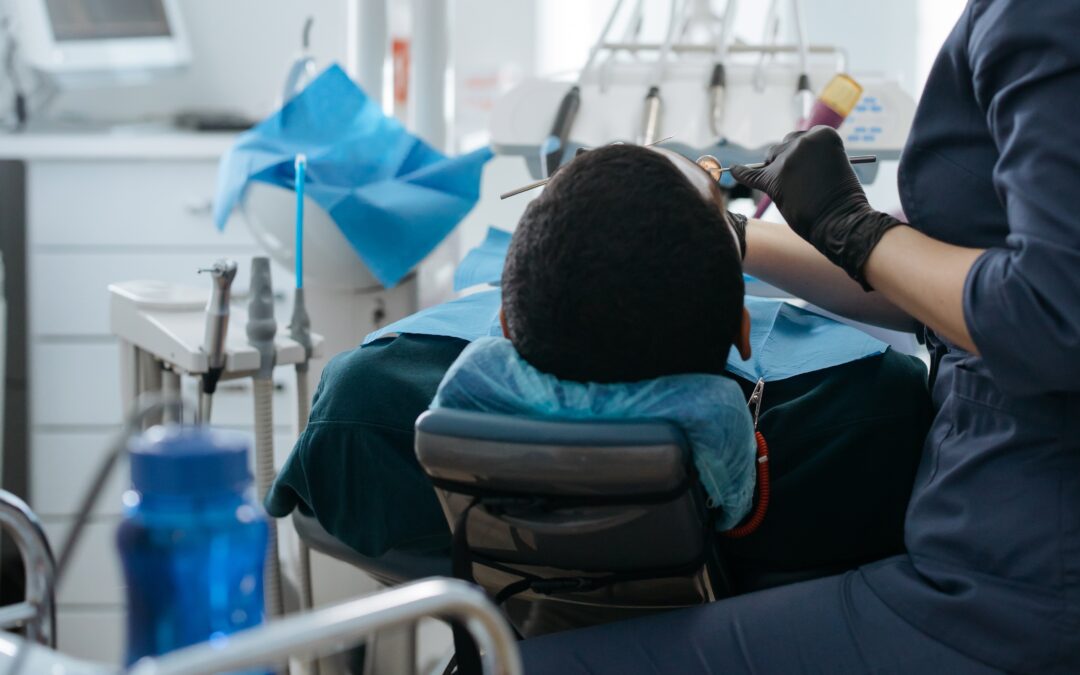
Four Ways Predental Students Can Boost Clinical Hours and Skills During the COVID-19 Pandemic
Get Started Today Call: 888-839-9997 e-mail: [email protected] 20 Minutes Free Consultation Advice from a Practicing Dentist By Dr. Katie D. COVID-19 has shut down dental offices, canceled volunteering events, and hindered previous paths of shadowing and service hours. What’s a pre-dent to do? A silver lining to the pandemic is the innovation and re-interpretation of what this experience is and how to obtain it. Here are four ways you can earn these hours and boost your skills from the comfort and safety of your own home. Virtual Shadowing: There are several players in the virtual shadowing world one year into the pandemic. Here are a few to check out: Instagram @dentalshadowers & @smileshadowers – these accounts are putting together weekly series of dental professionals sharing their stories. They are coordinating with general dentists, specialists, and dental staff members. There are also helpful posts with tips and insight into dentistry. Prehealthshadowing.com is a non-profit organization comprised of a diverse structure of young adults. They have Zoom meetings arranged with dental professionals who will discuss their dental experiences from application to current work environment. These sessions are also recorded and available on YouTube. They offer a Certificate of Verification following completion of a session. The live meetings allow for Q&A and interaction with other interested viewers, networking, and social support. Within their program, they invite interested viewers to contact them for other volunteer opportunities some as research and grant writing. This is a fantastic opportunity to log some volunteer hours as well as shadowing time. Volunteering: With the closure and limited entry available to many dental clinics, your ability to directly...